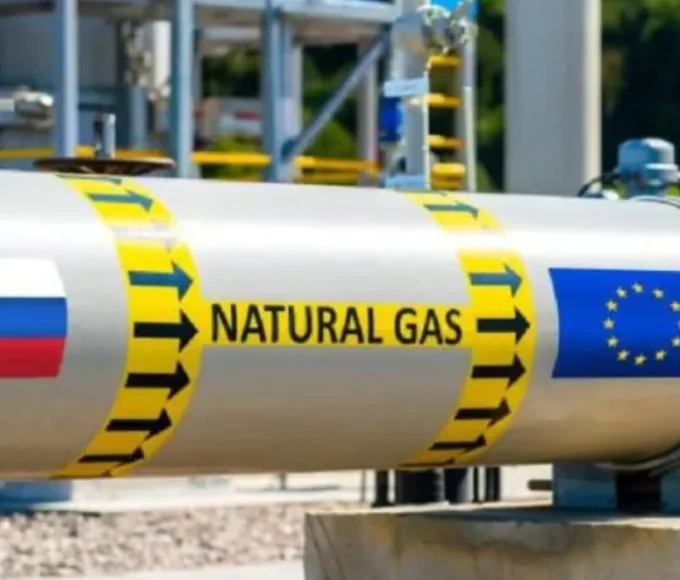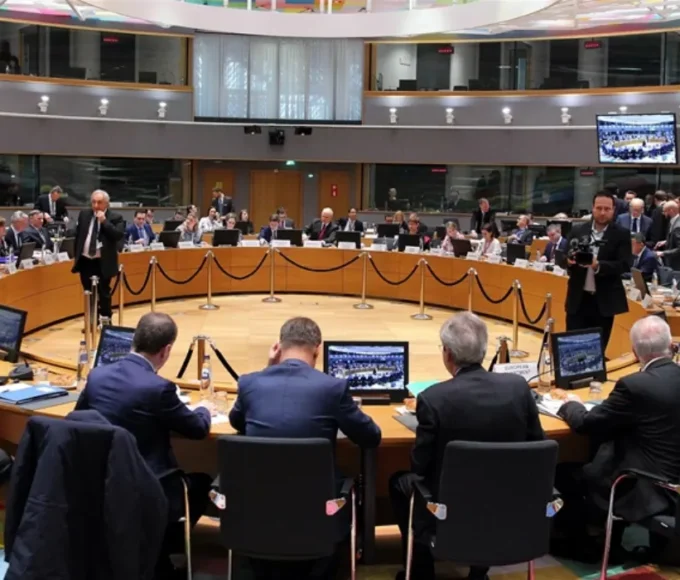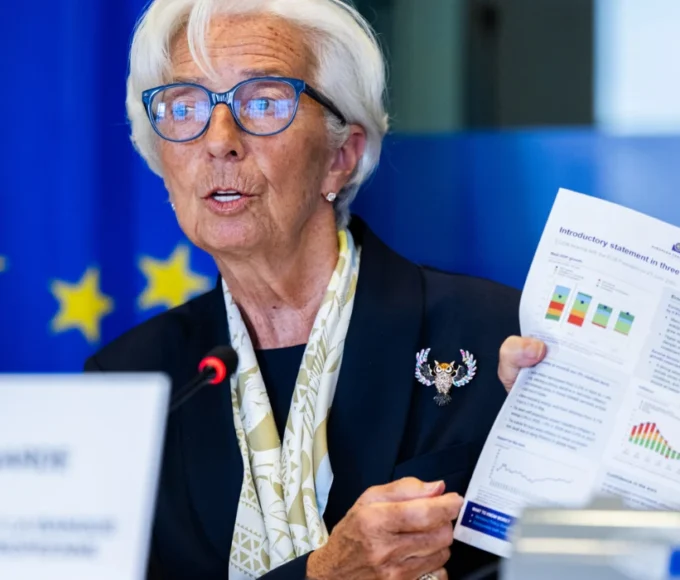The EU wants to have a “black list” sanctioning corruption everywhere in the world.
The European Commission has presented its proposals to harmonize anti-corruption criminal provisions across the EU, but also to add to the “black list” of European sanctions the perpetrators of acts of corruption anywhere in the world.
“We are sending a clear message: the EU is not open to those who engage in corruption, wherever it occurs,” said EU foreign policy chief Josep Borrell. “Corruption can threaten international peace and security, fuel organized crime, terrorism and other crimes. That is why we are expanding our scope to fight corruption around the world,” he told a news conference.
According to the legislative framework proposed by Brussels, which still has to be approved by the Twenty-Seven, these people considered to be involved in “serious corruption activities”, whatever their nationality, could have their assets frozen in the EU and be prohibited from staying on European soil. Likewise, they would be deprived of access to the financial resources of individuals or entities in the EU.
This mechanism targets passive or active corruption, the embezzlement of funds by a public official, in particular in countries deemed to be non-cooperative in tax matters or failing in the fight against money laundering and the financing of terrorism.
It would be a “similar system” to the sanctions regimes adopted, for example, against Russian personalities involved in the invasion of Ukraine and placed on the EU “blacklist”, but the difference is that “it it is no longer a question of targeting a specific third State” but of individuals whoever they are, observed the Vice-President of the Commission Vera Jourova.
Measures Similar to Those Put in Place by The United States
This device is similar to the “Magnistki law” of the United States, first adopted in 2012 to sanction Russians accused of being involved in the death in custody in Moscow of a lawyer denouncing corruption, then expanded in 2016 to all suspects of human rights violations or serious acts of corruption throughout the world.
By the end of 2020, the EU had already acquired the capacity to sanction the perpetrators of “serious human rights violations” anywhere in the world.
In practice, the placement of a person on this new anti-corruption blacklist would be formally proposed by the head of EU diplomacy, and would have to be unanimously endorsed by the Twenty-Seven.
“We cannot target everyone who is corrupt in third countries. There is always some degree of political judgment”, but to list someone, “it will require information showing that this person has engaged in a serious act of corruption”, whether it is open sources (media, public statements, etc.), reports from academics or NGOs, information collected by the intelligence services of the Member States, the Commission is told.
The person concerned will be able to challenge the decision before the European courts.
This article is originally published on lalibre.be









